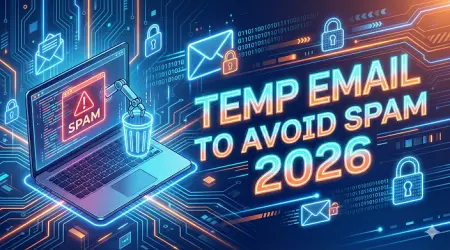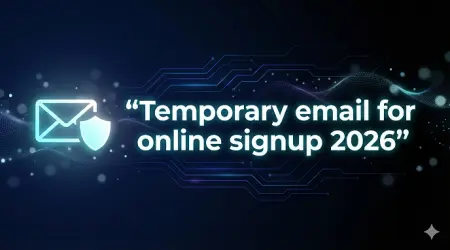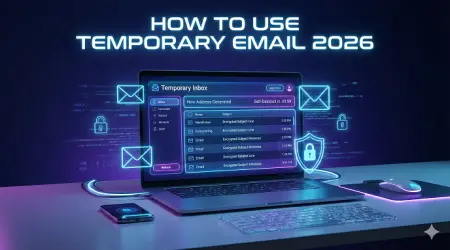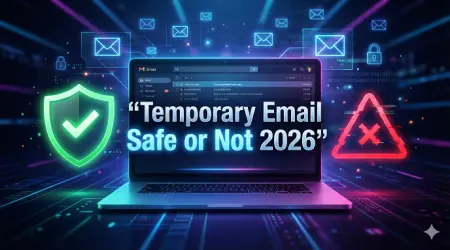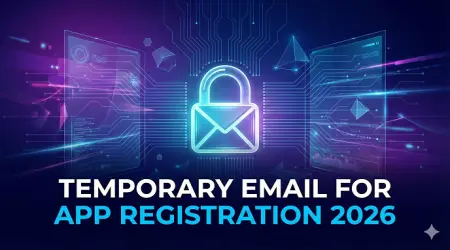
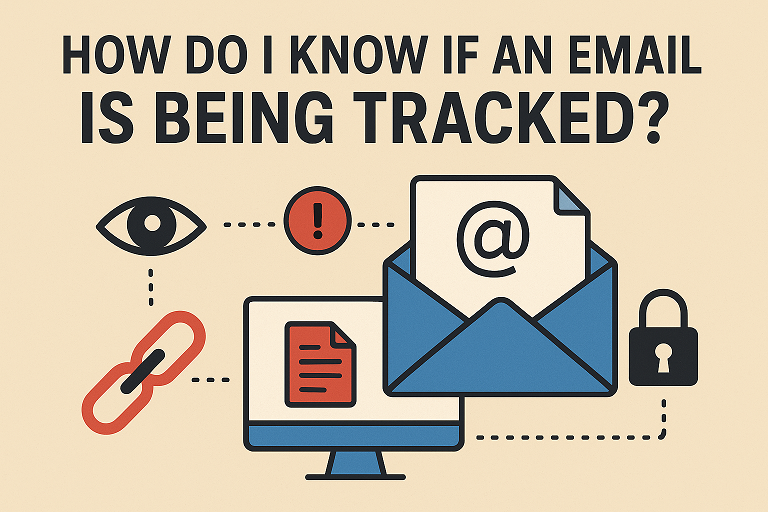
How Do I Know If an Email Is Being Tracked?
How Do I Know If an Email Is Being Tracked?
Email tracking is a common practice in the digital world these days. If anyone was smart, they would be monitoring emails to see if you received the message, or just clicked a button. While it may not sound annoying, being monitored through email can be a concern for privacy issues, and it can be even more terrifying when you don't suspect it's happening. It can feel like you don't know if an email is being tracked.
What Is Email Tracking?
Emails tracking involves an operation whereby nonoppressive gadgets like pixel or personal links are employed to monitor your activity. It normally records the data regarding:
- When you opened the email
- How many times you opened it
- In which place and what type of device are you?
- Clicked on any links or not.
This information helps senders analyze engagement, but it can also compromise your privacy.
Common Signs an Email Is Being Tracked
Suspicious Images or Hidden Pixels
The trackers come on a miniature, undetectable image (normally only 1x1 pixels) and when you open the email the tracker logs it. When your email application tells you that it has been warned of remote images, it can be because the sender has put tracking pixels.Strange or Long Links
Hover over a link in the email without clicking it. If the URL looks unusually long or redirects through a third-party domain before reaching the final destination, it may be a tracking link.Unfamiliar Senders Using Marketing Platforms
The emails messages are typically monitored inbuilt within the mailchimp bins of email configurations or also within HubSpot or any other email marketing platforms. These services will be referred to as bigger or footers.Read Receipts Requests
Other senders rely on the use of read receipts. Your client might request you to reply to the source (without the mail attachment) when opening the email and question whether you want to say or not. A straight indication of surveillance.Email Client Warnings
Mails, such as Gmail, Outlook, and Proton Mail block tracking pictures by default sometimes. When you chat and get a message of Font: "Images are not shown" or Click to download images, it warns of a red lion.
Use to tempmail visit our site: tempmaili.com
How to Protect Yourself from Email Tracking
- Turn Off Automatic Image Loading: The majority of email programs allow blocking remote images as they attempt to load itself.
- Get a Privacy-Oriented Email provider: such services as Proton Mail or tutano.to have more privacy.
- Check links Before Clicking: Hover over links so as to develop what the true destination of the links is.
- Install Browser Extensions: There are pixels block tools such as PixelBlock or Ugly Email which can be installed to block the tracking pixels.
- Plain Text Fallacy E mails: This never loads images or trackers.
Final Thoughts
Email tracking isn’t always malicious—sometimes it’s just a marketing tool to improve campaigns. But knowing how to spot it gives you control over your digital privacy. With a few smart habits and the right tools, you can keep your inbox a little more private.
